Dealing sensibly with knotweed (with a nod to emissions)
Envirotec Magazine
DECEMBER 19, 2021
We can now harness the carbon scavenging power of Japanese knotweed and other invasive plants, explains Nic Seal, Founder and MD of Environet, a UK specialist in the topic. As far back as 2008 we thought it eco-crazy to dig up knotweed infested soils from one site only to dump it in a landfill site, many miles away.


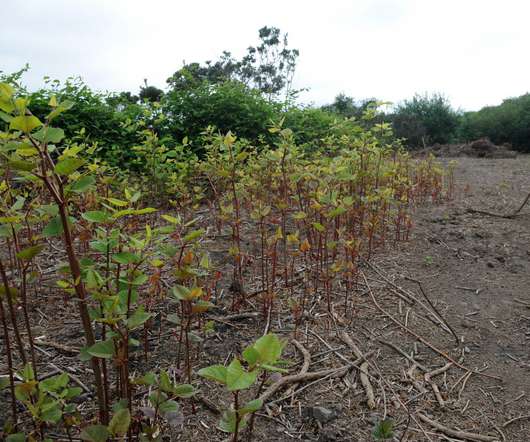
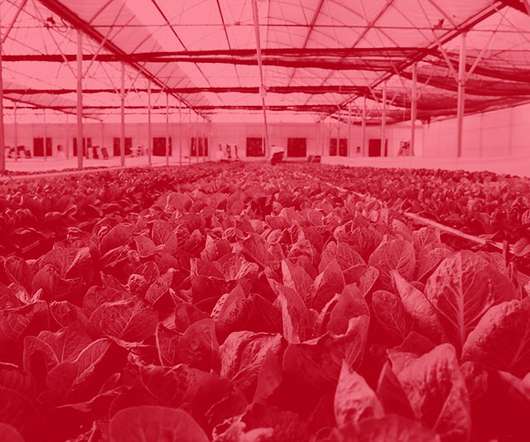
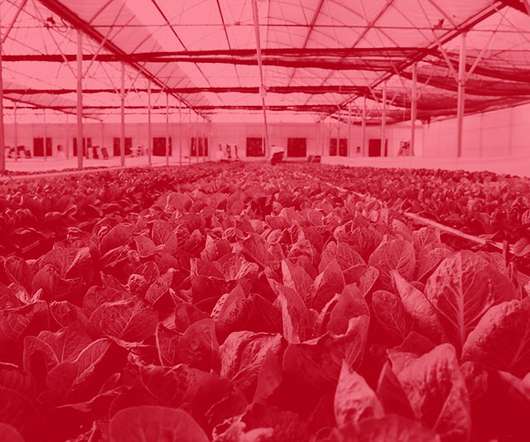


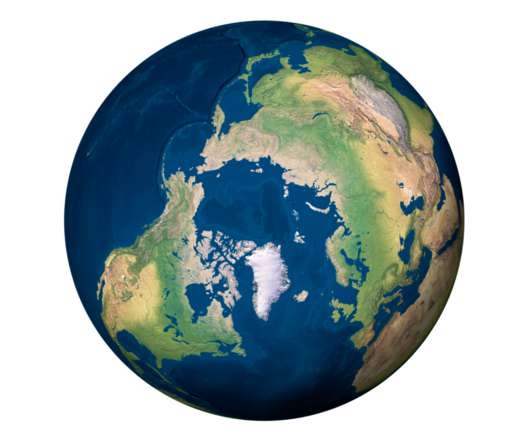
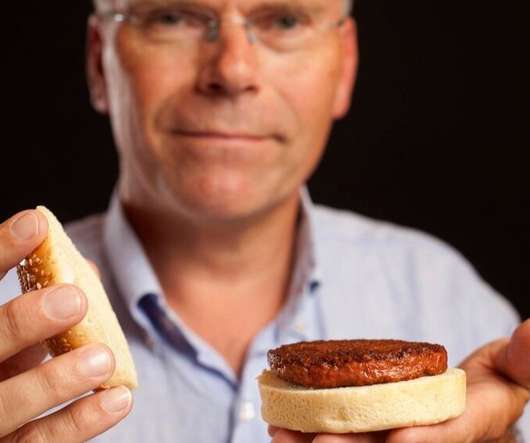
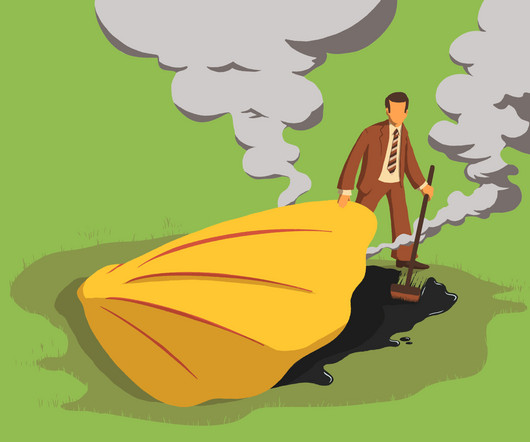

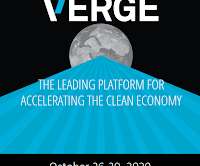
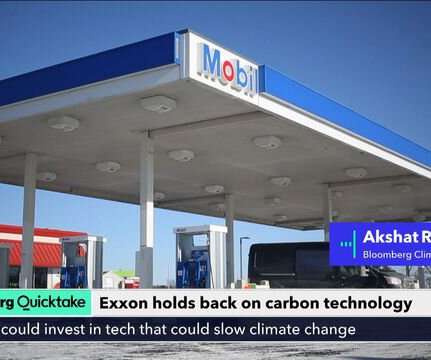
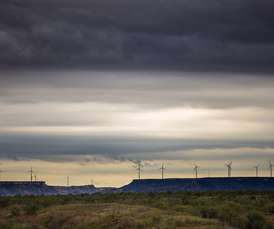








Let's personalize your content